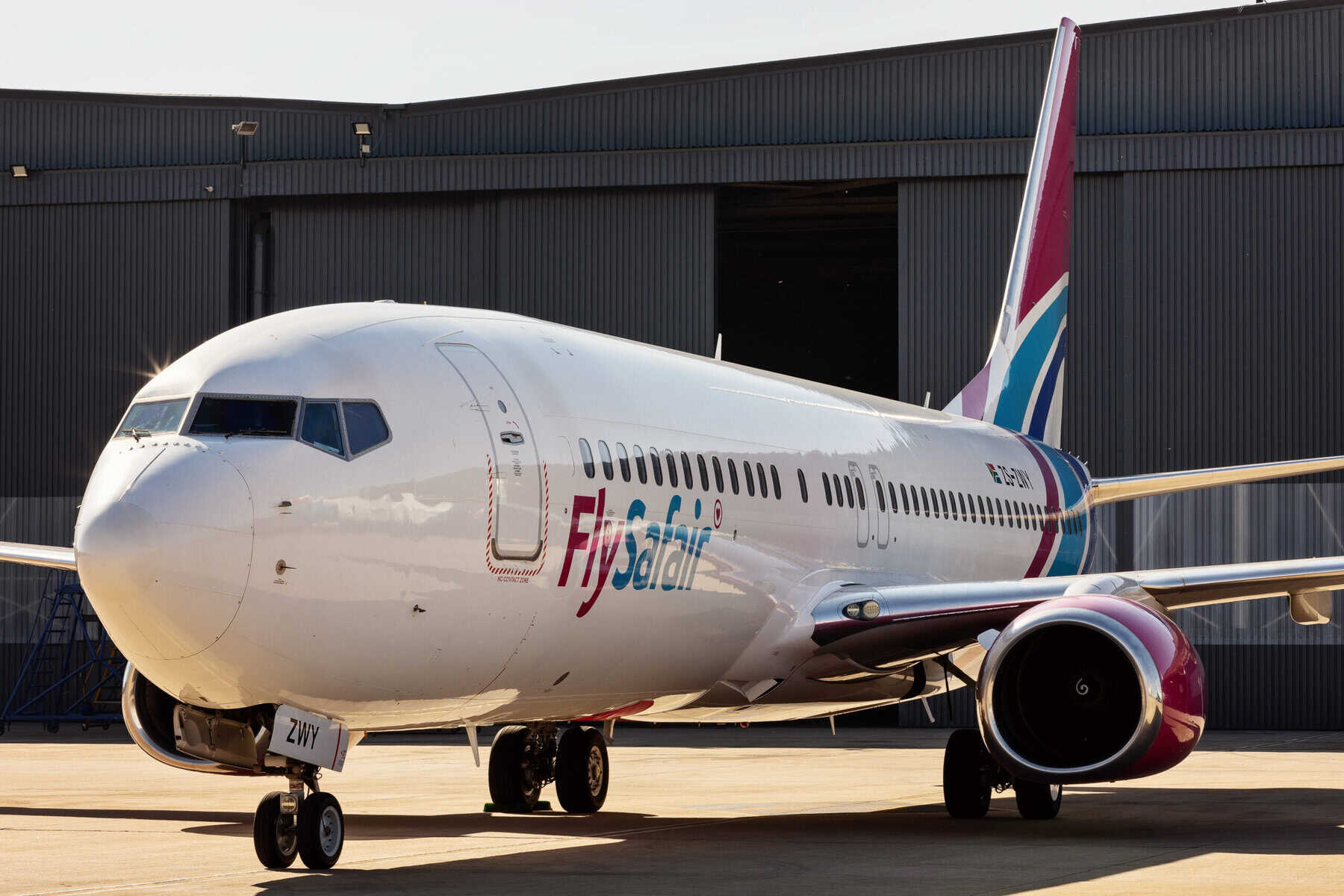The strike stems from a pay dispute between FlySafair and Solidarity, the union representing a portion of its pilots.
FlySafair confirms that while most flights are operating as scheduled, approximately 12% of services have been cancelled on Monday 21 July, due to pilots withdrawing their availability from flights that had previously been confirmed late Sunday night. All affected customers were notified via SMS using the contact details provided at booking.
Customers are encouraged to check the Travel Updates page on flysafair.co.za for the latest information. Airport teams remain on standby to assist with rebooking, refunds, and alternative arrangements.
“We sincerely apologise to all affected customers. We understand the disruption this has caused and are doing everything we can to assist those involved,” says Kirby Gordon, chief marketing officer at FlySafair.
What’s behind the strike?
The strike stems from a pay dispute between FlySafair and Solidarity, the union representing a portion of its pilots. While the union has framed its demand as a 10.5% increase in base salary, the full package, including flight pay, bonuses, and other benefits, equates to a 20.1% increase in total cost to company.
By contrast, FlySafair’s current offer includes a 5.7% increase on base salary, which is 1.5% above inflation, and when fully costed, represents an 11.29% increase in total cost to company. The airline maintains that this is a fair and responsible offer, especially in an economic climate where most companies are offering increases of around 4%.
“We must balance competitive pay with the responsibility we have to our 1,700 employees, the affordability we offer South African travellers, and the long-term health of the business,” says Gordon.
FlySafair captains currently are paid between R1.8 million and R2.3 million annually, placing them in the top 1% of earners in South Africa. Many earn more than members of the airline’s Executive Committee.
Are pilots overworked?
FlySafair captains averaged 63 hours of flight time last month, well below the regulatory limit of 100 hours. For comparison, a typical full-time employee works around 160 hours per month. The airline maintains that its pilot utilisation is compliant and not excessive.
Strike escalation and ongoing talks
The union initially called for a one-day strike, timed to coincide with the end of the school holidays. In response, FlySafair issued a defensive lockout, a standard labour protocol. Due to the nature of airline rostering, this meant affected pilots would not be rostered for seven days. Solidarity then escalated the action to a two-week strike.
FlySafair has not rejected CCMA intervention and continues to engage with the commission and the union in good faith.
Commitment to customers and employees
FlySafair acknowledges the disruption caused to customers and is working to minimise the impact. The airline also highlights its responsibility to its 1 700 other employees, whose livelihoods are linked to the company’s financial sustainability.
“We’re committed to resolving this matter constructively and quickly. Our focus is on restoring full operations while ensuring that FlySafair remains a sustainable and affordable option for South African travellers,” says Gordon.
Support Local Journalism
Add The Citizen as a Preferred Source on Google and follow us on Google News to see more of our trusted reporting in Google News and Top Stories.









